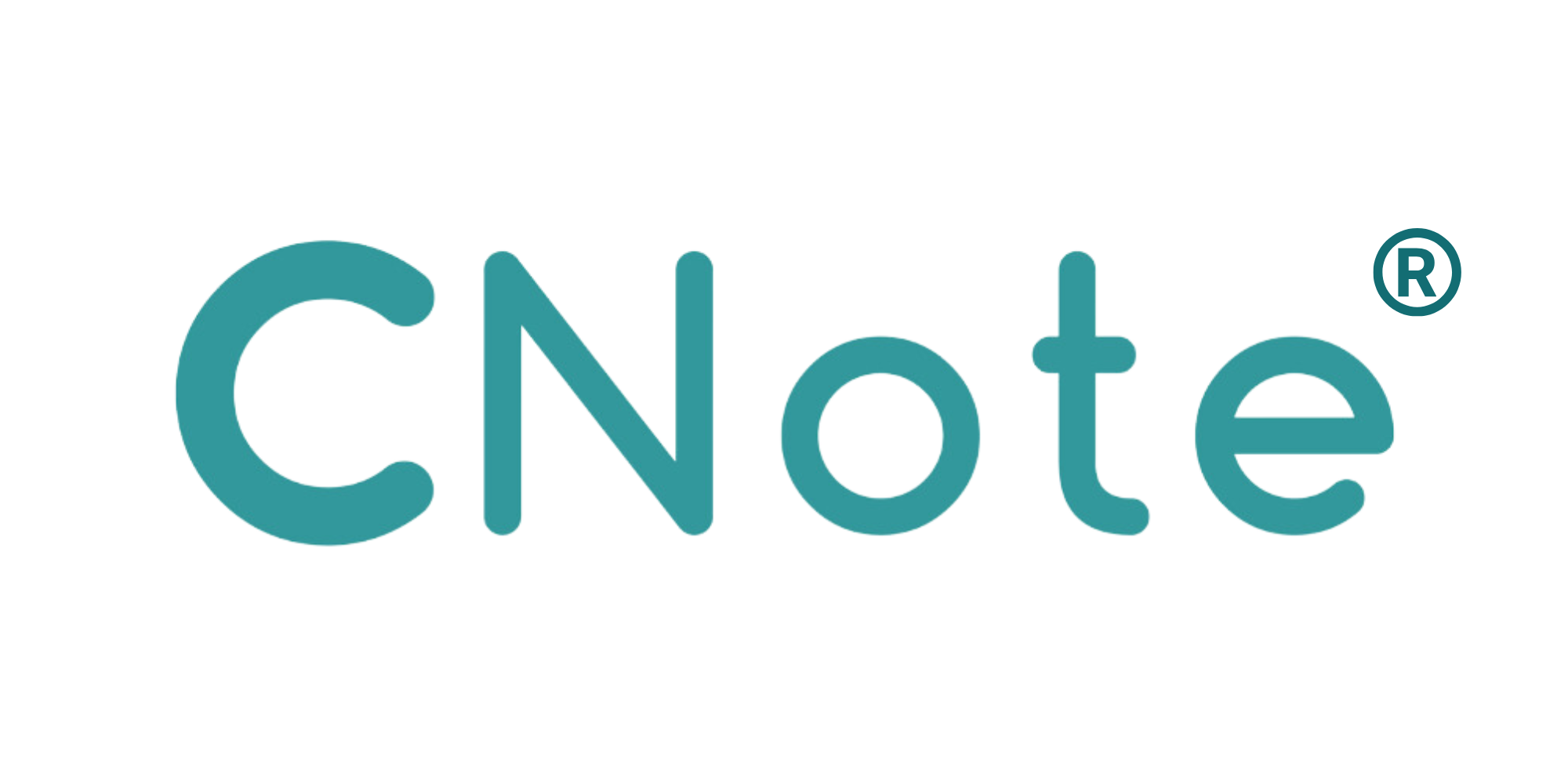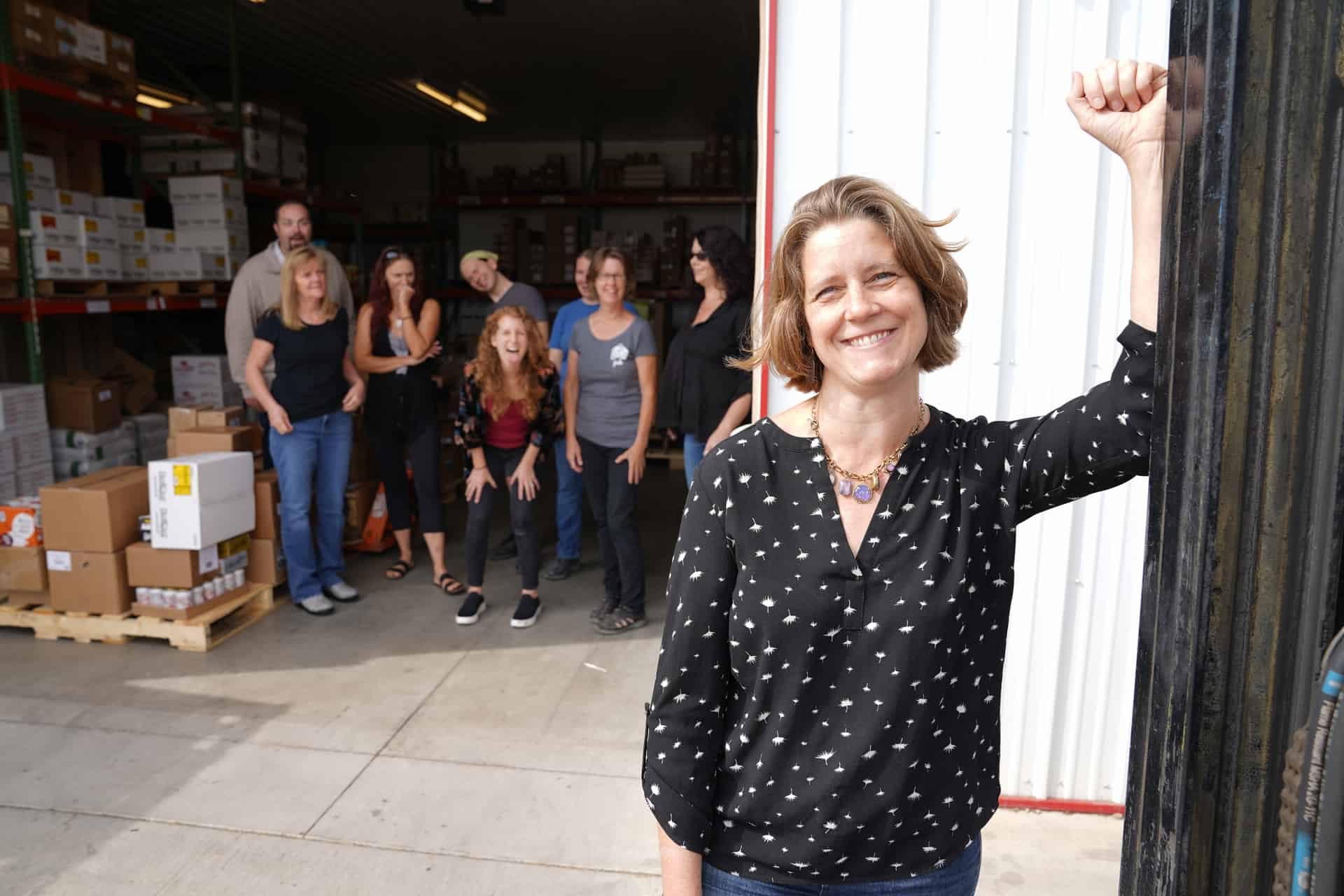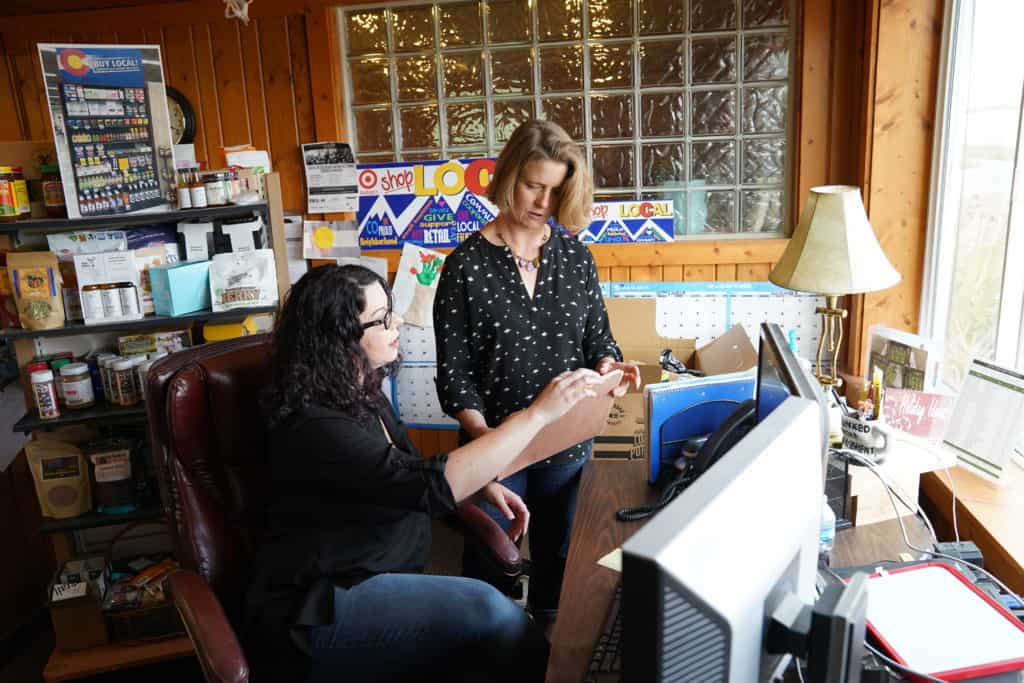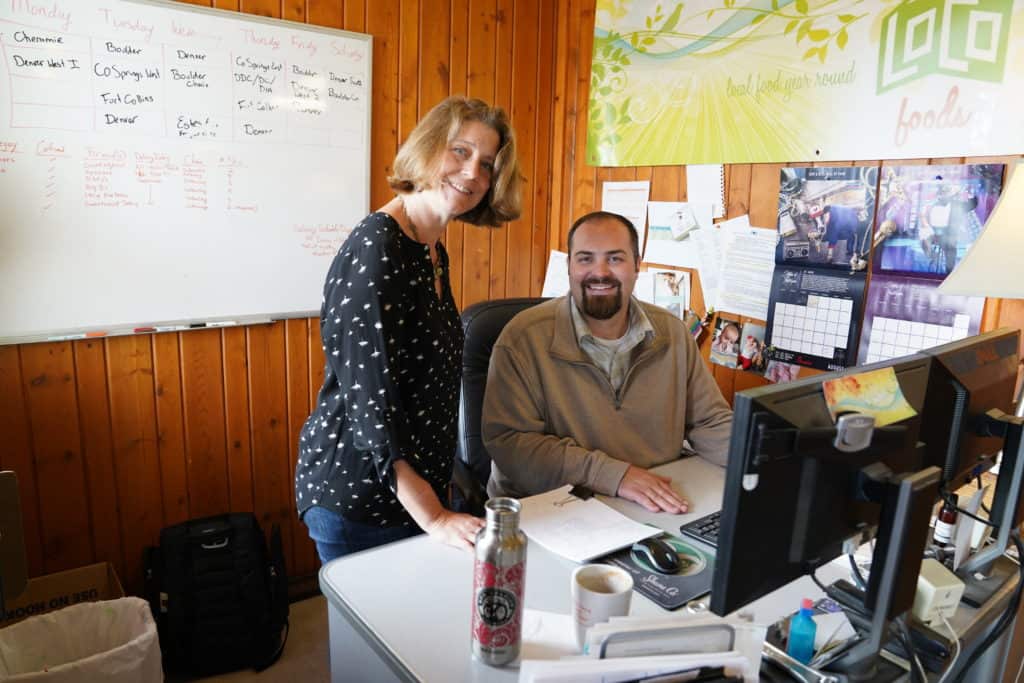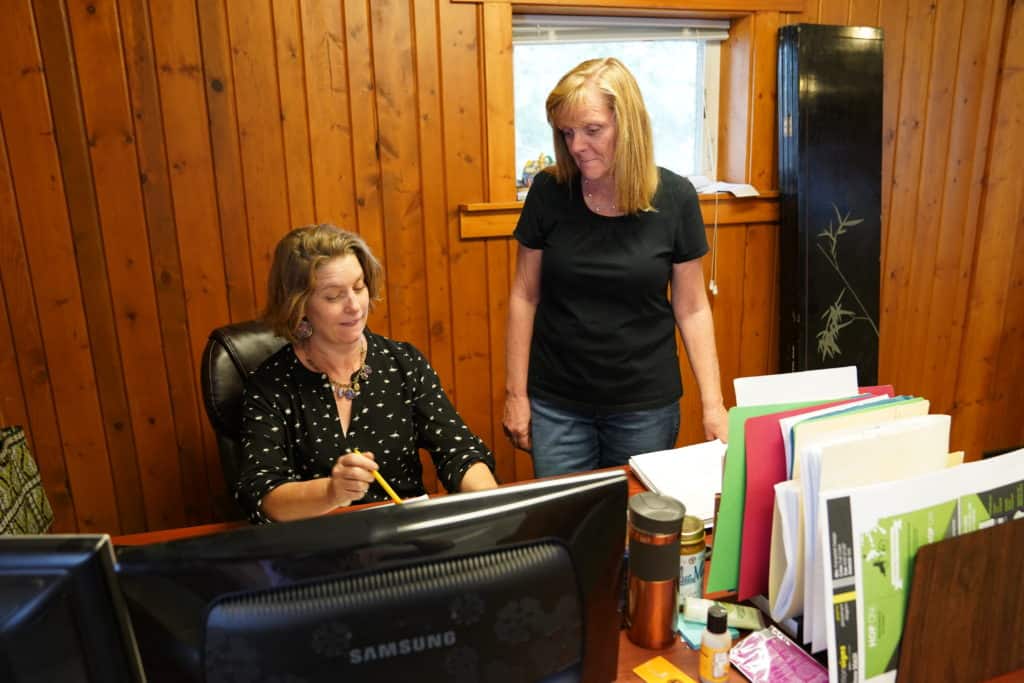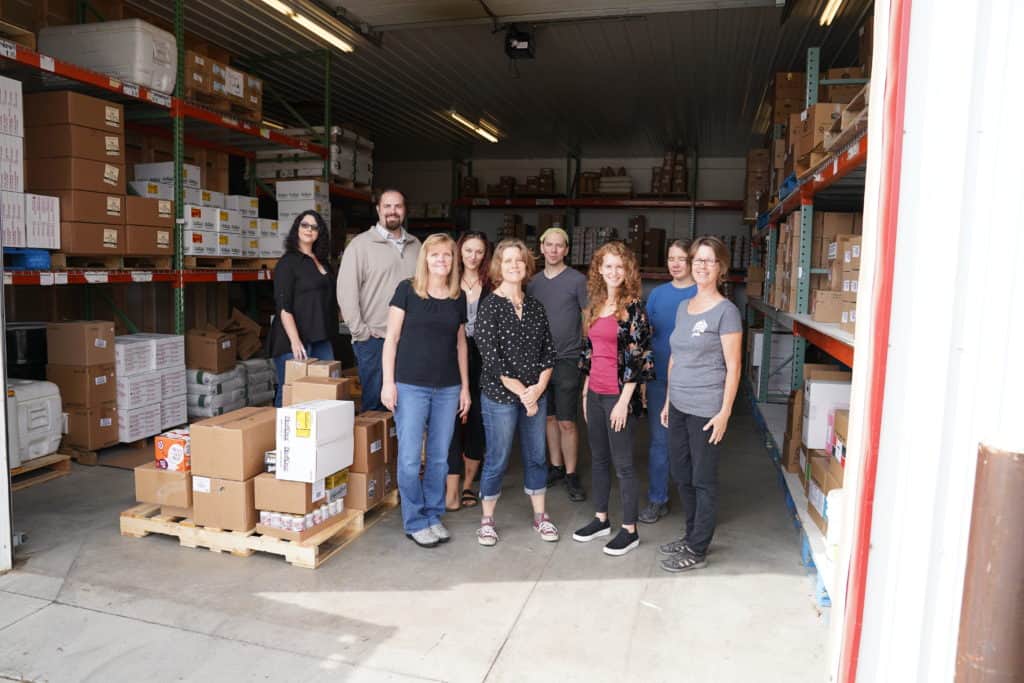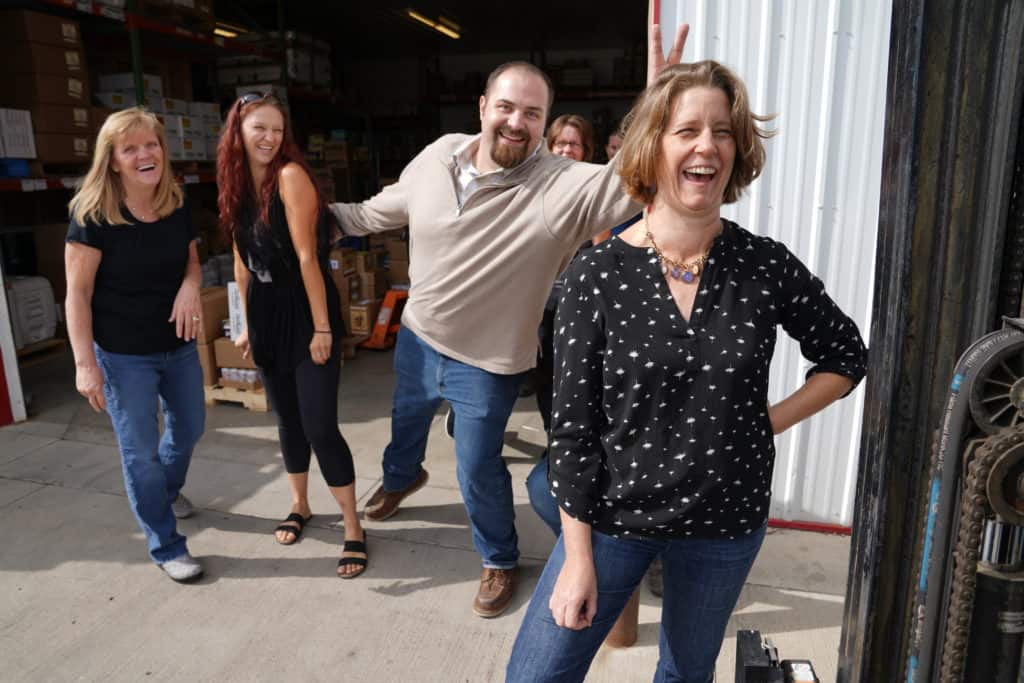The ‘good food’ paradigm
Consider the idea of ‘good food.’ It’s a simple phrase, but many have differing opinions as to what it means. Some will define it as food that is non-GMO. Others will claim it’s products labeled gluten-free. And still, others will look for the USDA Organic certification when they try to shop mindfully.
When it comes to good food, Elizabeth Mozer, founder and CEO of LoCo Food Distribution, has a simple working definition: anything that is grown and produced locally within the Colorado Front Range area which her company serves. Here is her reasoning:
“By the time someone’s passionate enough to start a [food] company in an area and grow it, and it’s someone’s passion, someone’s baby, which is what the majority of our products are — they generally are healthier alternatives. They’re organic, they’re non-GMO, they’re gluten-free. They are catering to people who are health-conscious and also community conscious,” Elizabeth explained to us.
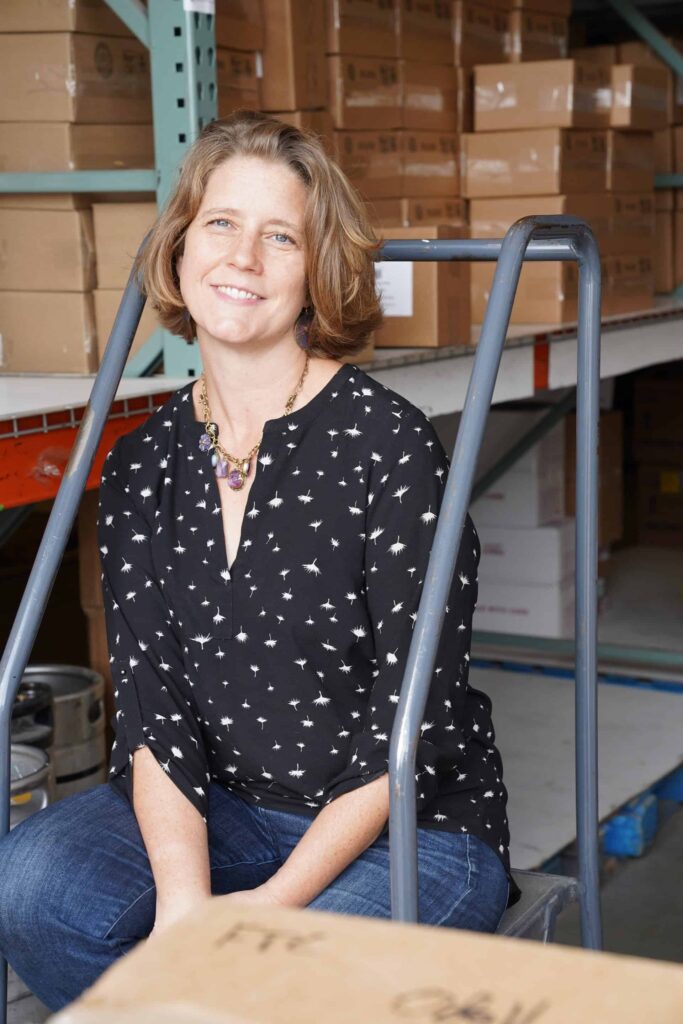
In short, local food encapsulates healthy food and local economic development. All of this embodies the ‘good food paradigm’ that Elizabeth’s company operates by. It’s the driving force behind all the work they do. And it’s hard work indeed, distributing locally produced foods throughout the 400-mile radius around Fort Collins, Colorado. But to Elizabeth, the impact it makes is worth it.
LoCo: the connector in the local food system
Imagine seeing the product below in your go-to grocery store:

If you wanted to buy it, it would be a simple matter of placing it into your cart, wheeling it to the cash register, and checking it out. And just like that, the food is yours to enjoy.
But what did it take for that product to go from its producer to a shelf in Safeway? It’s a surprisingly complicated process that consumers don’t often think about.
Elizabeth Mozer didn’t need to think about it either — until she wanted to source locally for her independent movie theatre the Lyric Cinema Cafe. In her quest to stock its “glorified concession stand,” she found herself running all over the Front Range to find locally grown foods that were underrepresented in mainstream grocery stores. Later, she discovered that this problem was due to a lack of distribution services. There was no one to carry the products from the local producers to the wholesale groceries — nor even to network one to the other.
So she became the solution to the problem: “We worked on a business plan from there… and we started in 2011 trying to pull those pieces together.” These disconnected pieces are the local food vendors, the wholesale groceries, and even everyday consumers like you and me.
Now, seven years later, she describes LoCo as the “the connectors in the local food system.” They upkeep a catalog on their website of locally produced foods they hand select from vendors in the region. Wholesale buyers order products from the catalog. Then LoCo provides the sheer transportation power — they have four vehicles to date — to carry food from vendor to buyer. And that’s how good food reaches those shelves to be easily accessed by everyday consumers who want to eat mindfully.
Grit, determination + funding: A ‘loco’ journey
If you have the money, you can get a loan. But if you don’t have the money, then you can’t get the loan…Which is…a neat trick
When we asked Elizabeth how she stuck through with starting her company, she laughed. “Well, I don’t think I realized quite how hard it was going to be…but we did know it was gonna be hard, and that it was a little crazy — hence ‘loco’ food distribution.”
“…It’s LoCo — but it’s also quite crazy.”
Indeed, to provide distribution services to the entire Colorado Front Range region is no small task, a reality Elizabeth recognized early on. “We knew we had to get to a decent size to make it shake,” she told us. Along with committing to that growth, she also acknowledged that it was part of her personality to not let something go until she saw it through.
But getting to a decent size was especially hard in the beginning, and will-power could only go so far. What Elizabeth needed was capital, to buy all the initial inventory–the actual local food products she would be carrying. The only problem was that LoCo didn’t qualify for a large bank loan.
“If you have the money, you can get a loan. But if you don’t have the money, then you can’t get the loan. Which is…a neat trick,” she said with good-natured irony.
Luckily, she was able to turn to two CDFIs for funding: Colorado Enterprise Fund (a partner of CNote via OFN) and Colorado Lending Source. “They help bridge the gap so that you can get something more like a bank loan…,” she told us. The large loan she was able to get as a result allowed her purchase inventory, secure a new warehouse, pay moving expenses, and add two box trucks to their humble fleet.
The Colorado Enterprise Fund, which was founded in 1976, is a non-profit lending institution that offers loans to entrepreneurs and small businesses unable to get traditional bank financing. For over 40 years, Colorado Enterprise Fund has been helping people realize their dreams of starting and growing their own businesses. An innovative CDFI, they have a special Healthy Foods Fund to help ensure local communities have access to fresh, nutritious and affordable food, and that their borrowers have the tools to grow and thrive. This Fund provides flexible financing for a wide range of healthy food businesses in all segments of the food system.
It’s worth noting that more than 29 million Americans live in urban neighborhoods or rural towns where they cannot buy healthy food to feed their families, according to the USDA’s Economic Research Service 2012 study. These same neighborhoods often struggle with high rates of unemployment and economic stagnation. To address these issues, the CDFI Fund created the Healthy Food Financing Initiative (HFFI) to improve access to healthy foods, create jobs and revitalize communities across the country. CEF lends to all segments of the food system to improve access to fresh, healthy food for Colorado’s residents and to promote economic and health benefits for communities designated as “food deserts.”
Impact: bridging gaps
Today, LoCo has around 15 employees, houses 150 local brands, and stocks 600 wholesale customers. Not only are they the liaison between these parties, they also provide their vendor clients with marketing advice and brokerage services to help them pay for shelf slotting fees, and grow.
In the last year, LoCo moved $4 million’s worth of products within the Colorado Front Range region. That’s 15 new jobs and $4 million dollars kept in the local economy. And they have plans to continue saturating the Front Range, and eventually bring in good food from farther reaches as well.
All said the story of impact is a story of bridging gaps, from small business vendors, to wholesale stores to everyday consumers–to make good food more accessible.
Maybe Elizabeth wasn’t so crazy after all.
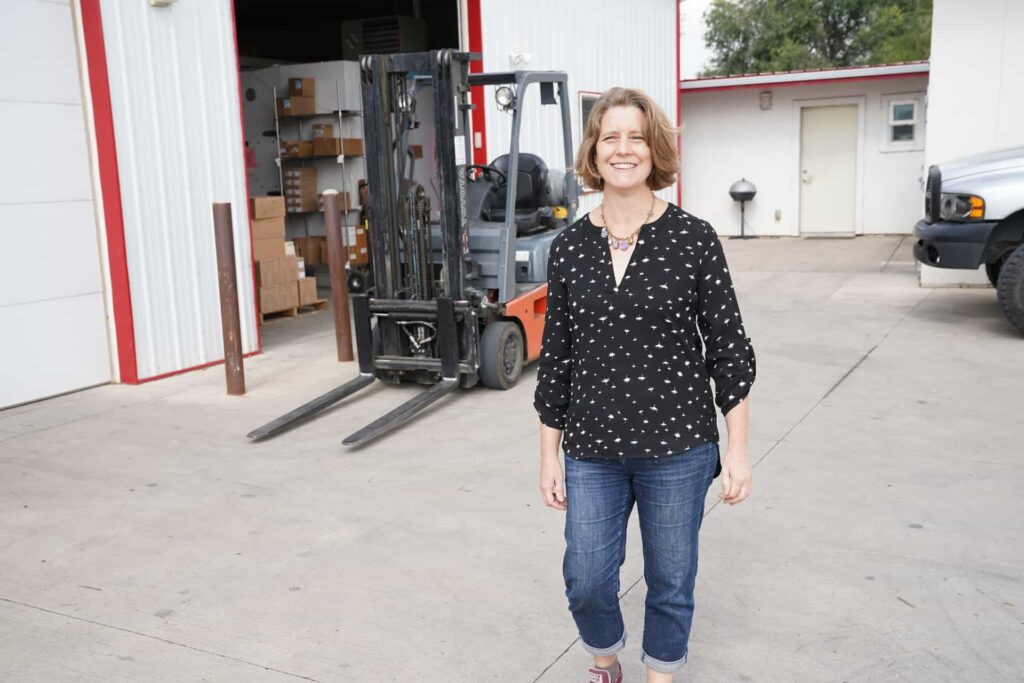
Learn More
- LoCo Foods
- Colorado Enterprise Fund (The CNote-partner that provided funding to LoCo)
If you’re interested in supporting more small businesses like LoCo Foods, consider signing up with CNote. Every dollar you invest will help fund small businesses across America that create jobs and are the cornerstone of a thriving U.S. economy.
